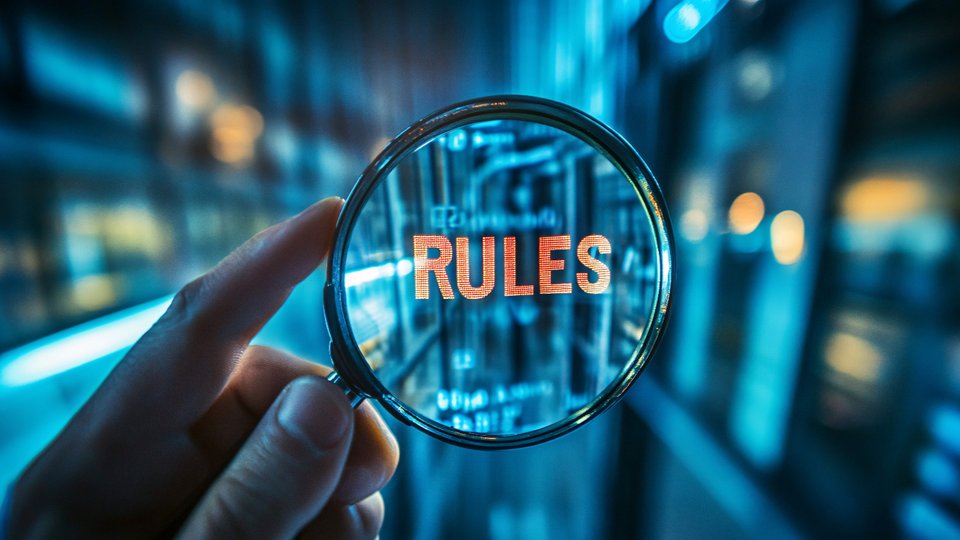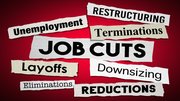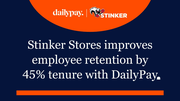Customer Service
Retail store policy changes require strategy, communication, associate understanding
Retailers can’t afford to roll out rules from the top down and expect them to stick. Employees aren’t just policy enforcers, they’re the face of the brand, and if they don’t understand or believe in a rule, customers won’t either.

February 25, 2025 by Judy Mottl — Editor, RetailCustomerExperience.com & DigitalSignageToday.com
In mid January Starbucks announced a policy drawing tons of attention – it would no longer allow use of its cafes (such as sitting at tables) or bathrooms unless an individual made a purchase.
Its new code of conduct "is something most retailers have and is designed to provide clarity that our spaces — including our cafes, patios and restrooms — are for use by customers and partners."
The policy statement also noted the stores will ask anyone "not following this code of conduct to leave the store and may ask for help from law enforcement."
It is a complete switch from the open-door policy the retailer enacted in 2018 following the arrest of two men who sat in a Starbucks waiting for a business meeting and were arrested.
Just a month after the policy change announcement Starbucks debuted its "Inclusive Spaces Framework," aimed at making the store experience more accessible and inclusive for all employees, customers and communities.
Enforcement of any policy often falls squarely on the shoulders of the store managers and store associates and can easily pose new challenges for the brand, store management and its employees.
RetailCustomerExperience.com reached out to Sujay Saha, founder and president of Cortico-X , an experience-led strategy and transformation boutique consulting firm, to get insight on how retailers should approach policy enforcement and how best to help store leaders and associates handle the inherent challenges. Saha helps senior leaders in driving human centricity as a differentiator to profitably and sustainably grow. Prior to Cortico-X he served as a partner leader for PwC's digital and customer strategy consulting practice.
Q. So how should a brand/retailer go about informing employees about new rules — it's not something to tweet out right?
Saha: Absolutely not. The worst thing a company can do is let employees find out about a policy change from the news, social media, or any other external channel. It's got to come from leadership first, through managers, pre-shift huddles, Intranets, internal apps—anywhere employees already go for information. And it's not just about what the rule is, but why it matters. Because if employees don't get it, they're not going to enforce it well.
Q. Does a retailer/brand need to take the time to inform the reasoning/decision making about new rules or is that not a good approach?
Saha: If you don't explain the "why," don't expect employees to buy in. People support what they understand, and if they see a rule as just another corporate mandate, it will feel like extra work rather than something that improves the experience for them and customers. The more context you give—why this matters, how it helps, what to say to customers—the more likely employees are to actually to follow through. As example, "This policy supports a safer and more welcoming environment for all customers" or "This rule helps create a better, more predictable workplace experience for you."
Q: What is the best strategy for enforcing new rules and does that include getting employee buy-in and support?
Saha: If employees don't believe in a rule, enforcement is going to be inconsistent at best. The best way to get buy-in is to involve them early, train them on real-world scenarios, and give them some latitude on how they apply it. Perhaps most importantly, leaders need to reinforce the message consistently—not just during the initial rollout—so employees feel supported instead of just stuck enforcing something they don't fully believe in.
Q: What if there is no employee support on the new rules.. what should a retailer do or not do in that situation?
Saha: If employees are pushing back, leadership needs to stop and understand why. Is the rule itself the problem, how it was introduced, how it was communicated, etc.? If people don't support a policy, chances are it either wasn't explained well, it feels unfair, or it makes their jobs harder without clear benefits. Instead of doubling down, companies need to listen, adjust if needed, and reinforce the value—because a policy that employees do not believe in is just words on a page.
Q: How critical is it to have employees part of the rule making decisions given they're now viewed as ambassadors for the brand and retailer?
Saha: It's very important. Employees are the ones enforcing the rules, so if they weren't part of the conversation before rollout, don't be surprised if they resist. The best retailers get employee input early—through pilot programs, feedback loops, and direct conversations—so policies are grounded in reality, not just corporate theory. When employees have a say, they're not just enforcers, they're advocates. They have vested interest.
Q: Any do's or don't in the rule enforcement strategy?
Saha: Most importantly explain the rule, don't just enforce it. People are way more likely to comply when they understand why something exists. But be sure not to put employees in unsafe situations or punish them for struggling with enforcement. If a policy is causing more problems than it's solving — whether for employees or customers — it might be time to rethink the approach. Retailers can't afford to roll out rules from the top down and expect them to stick. Employees aren't just policy enforcers, they're the face of the brand, and if they don't understand or believe in a rule, customers won't either. The key is clear communication, real training, and ongoing support — because a rule is only as strong as the people enforcing it.
 ChatGPT
ChatGPT Grok
Grok Perplexity
Perplexity Claude
Claude




